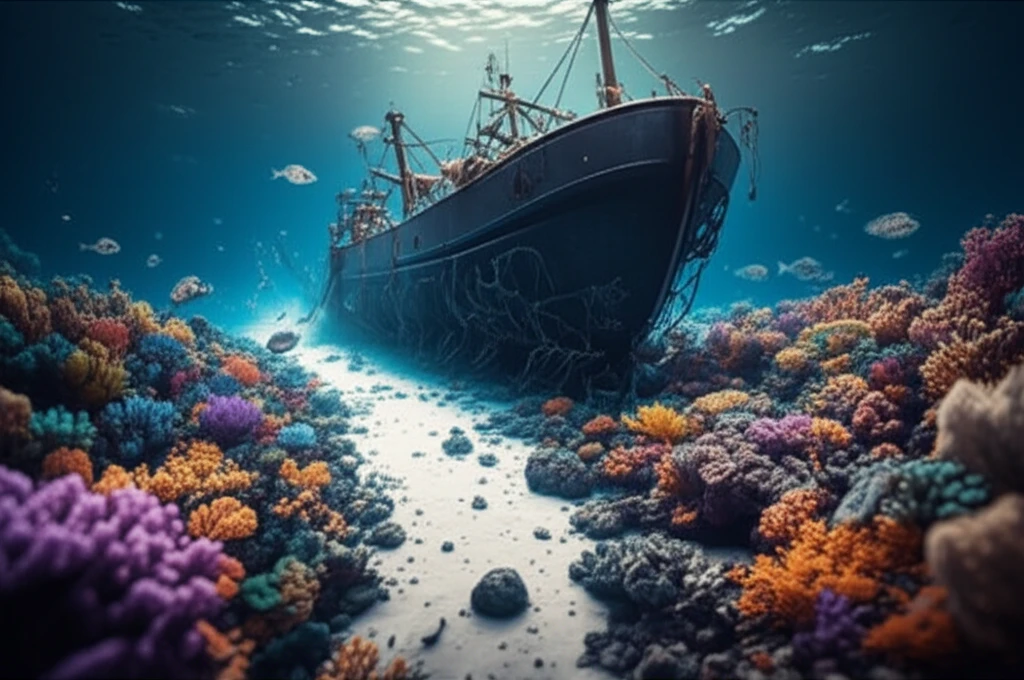
Deep-Sea Trawling: Why It's Time to Ban This Destructive Fishing Method
"The controversial practice of deep-sea trawling faces renewed scrutiny as experts call for stricter regulations to protect marine ecosystems and ensure sustainable fishing."
Deep-sea trawling, a fishing method that involves dragging heavy equipment across the ocean floor, is one of the most destructive practices in the world. While favored by the fishing industry for its efficiency, it indiscriminately destroys marine habitats and leaves a trail of devastation in its wake.
The European Union (EU) is scheduled to vote on a proposed ban on deep-sea bottom trawling. This decision marks a pivotal moment for marine conservation, building upon existing prohibitions in shallower waters. A ban could offer a chance for marine ecosystems to recover.
However, intense lobbying against the ban is underway by a fishing industry with close ties to governments and research organizations. These groups have even threatened legal action against scientists who publish data critical of the industry. As the EU Fisheries Committee, which includes members from countries with significant deep-sea fishing interests, deliberates, it's crucial to understand the facts and challenge misleading claims.
Unmasking the 'Truths': Why Deep-Sea Trawling Claims Fall Flat

The fishing lobby has launched a campaign using the phrase 'the inconvenient truth' to promote their agenda. These pamphlets suggest that a lighter version of trawling equipment can minimize damage, target species are not being depleted, and non-target catch consists of abundant species. However, these claims do not withstand scrutiny.
- Claim: Deep-sea fish stocks are sustainable. Reality: Assessments rely on biased industry data from ten index species, ignoring the broader ecosystem impact. Vessels avoid areas without fish, skewing abundance data.
- Claim: By-catch is minimal. Reality: Trawls targeting a few species catch over 100 non-target species. The decline of the non-commercial Baird's slick-head, a common by-catch species, demonstrates the problem.
- Claim: The French deep-sea fishing sector is sustainable and important. Reality: The sector relies on substantial subsidies and has suffered significant financial losses despite this support. It employs a small fraction of the French fishing fleet.
A Call to Action: Protecting Our Deep-Sea Ecosystems
The EU's upcoming vote on the deep-sea bottom trawling ban is more than just a regional decision; it carries global implications for ocean conservation. If passed, it would set a powerful precedent, encouraging other nations to adopt similar measures and prioritize the health of our oceans.
It's time for responsible scientists and concerned citizens to speak out against misleading claims and advocate for policies that protect our deep-sea ecosystems. The long-term health of our oceans depends on it.
The time to consign deep-water trawling to history is now. By supporting this ban, we can reverse some of the damage done and safeguard the incredible biodiversity of our deep seas for future generations.
